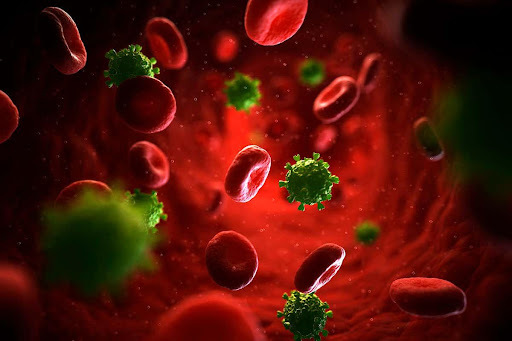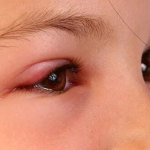HIV is a disease that is transmitted via fluids from your body, including semen, rectal fluid, blood, breast milk and vaginal fluid. It will not spread casually, through accidental contact, so you don’t have to worry about that. HIV attacks your body as it spreads, and medication can help to stymie some of the symptoms and enable you to exercise control over this disease.
What Does HIV Do to You?
This disease targets the immune system, particularly going after a kind of T cell known as CD4 cells. If you don’t treat HIV/AIDS, it will kill more and more of these special immune system cells. The longer you wait to start targeting the disease, the more cells it will eliminate and the weaker your immune system will become.
Of course, as your immune system starts to be compromised, you will begin experiencing a wide variety of symptoms. Your body will be exposed to cancers and an extensive range of medical conditions that it would have been well protected against before.
Your immune system will be seriously compromised, unable to defend itself as well as it used to, and that puts your body at risk. You can no longer rely on your immune system to protect you from most dangers, and without proper treatments, like those offered from resources like Kangaroo, your body will be weakened and suffer severe HIV/AIDS symptoms.
Your Immune System Will Attempt to Respond
As your body is ravaged by HIV, the immune system will be working overtime trying to handle the attacks. This means that the resources your immune system will usually have at its disposal to protect against infection or disease will be stretched incredibly thin. There simply won’t be enough immune system cells available to handle all of the problems.
You will have to safeguard your immune system and your body by trying to protect yourself against viruses and diseases. Just as people take precautions to ensure that they don’t catch covid, HIV/AIDS sufferers will have to take extra precautions that other people would not have to take in order to safeguard their body. They are at risk of contracting health conditions that would normally not be a problem for them, and in their weakened state, even something as mild as a light flu or cold can be devastating.
Here is how this will play out with symptoms when an AIDS patient is fighting against new infections: they will likely be incredibly weak and tired, requiring additional rest, fluids, and food to help build back up their resources. They may need additional medication, as well as vitamins and minerals so that their body has what it needs to respond to threats.
Hope for the Immune System
Your immune system may go a bit haywire and might need some help as it fights infections. Treatments like protease inhibitors as well as other types of inhibitors can help AIDS patients get their health back on track. These same drugs, especially when they are administered in the right combinations for the patient, can actually rejuvenate the immune system and stop viruses from reproducing.
That helps a lot when someone is fighting with AIDS, giving them the tools they need to turn the tide and get symptoms under control. However, some of these drugs can be highly toxic, especially when taken over long periods of time. The longer a patient takes them, the more toxic they become to their bodies, and the patient will eventually have to stop taking these inhibitors and find a different treatment program.
It’s important that patients take the drugs as they are recommended and not deviate from the prescription in any way. Because of the potency and toxin risk of the drugs, they can be dangerous when taken the wrong way.
Over time, HIV in the body can develop a resistance to the drugs too, making them less effective. Inhibitors are simply a short-term treatment plan for most HIV sufferers, and the reactions they cause indicate just how much HIV attacks the body. Inhibitors have been used in the fight against HIV for a long time, and some new drugs have promising outcomes for HIV patients, so there is definitely reason for hope.
I am a 26 year old young and witty girl, who simply loves to write and be around her friends. I am the one who believes in filling the heart of her readers with love, passion and contentment.







